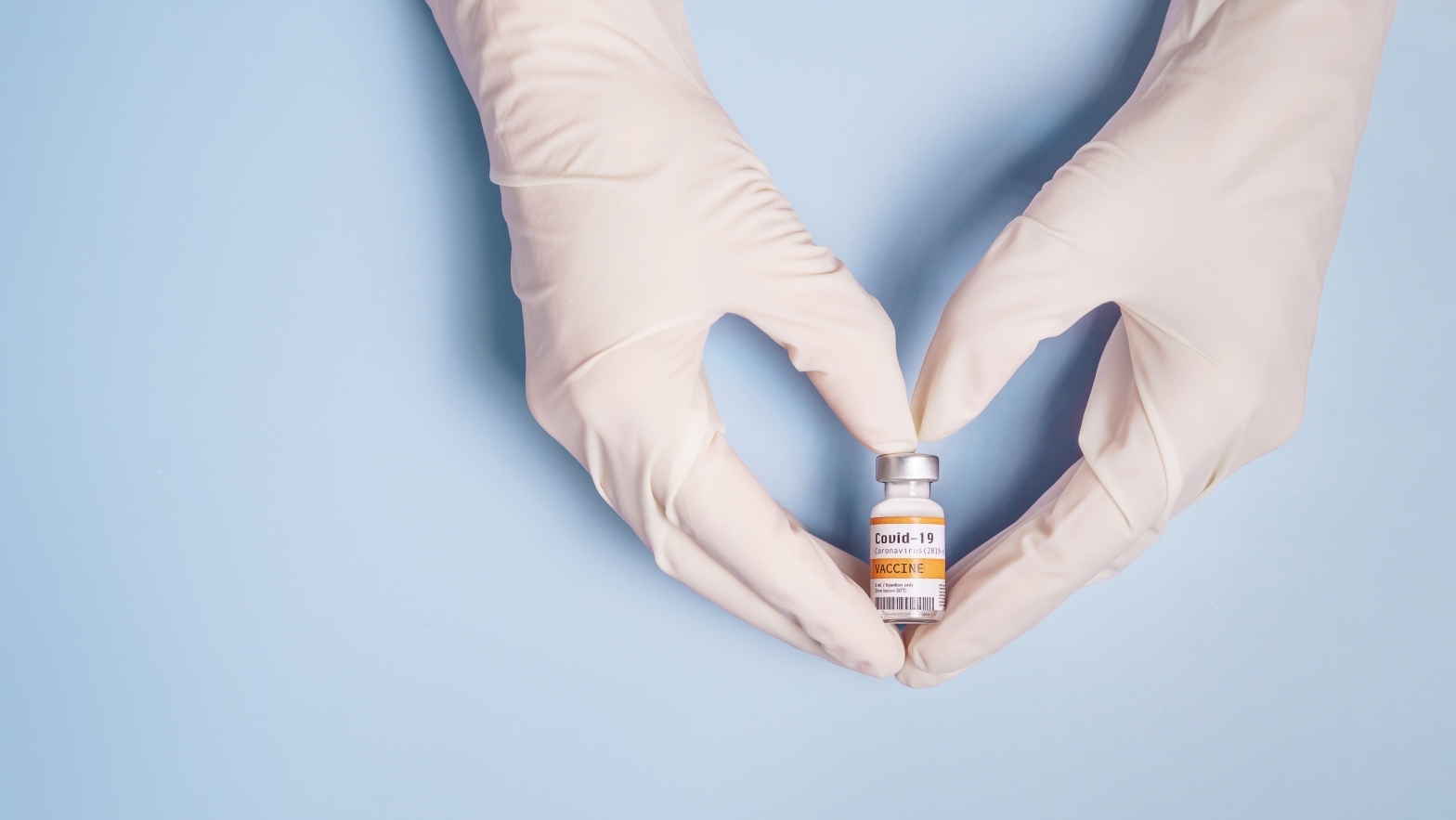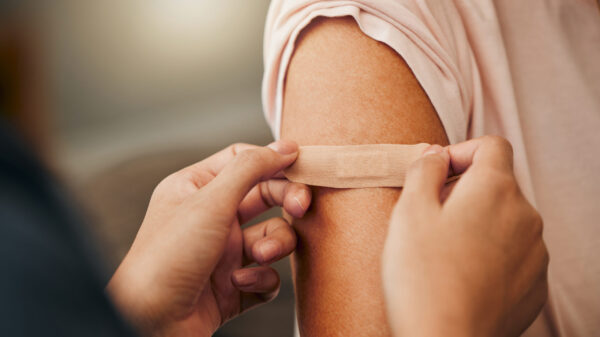A red wagon. There once was a fleet, now there are none. Some were lovingly painted to honor a child warrior who survived leukemia, extreme prematurity or severe head trauma. They were as much a symbol of hope as a transport mechanism from cars to clinics.
Children’s of Alabama, my work home, has seemed strikingly vacant without them. “Where are the wagons” asked a sweaty exhausted mom who had just carried her 3-year-old from the parking deck to our clinic. A motorist had plowed into their car 1 week earlier. While the child’s booster seat saved his life, his right leg suffered two broken bones and was now cradled, top to bottom, in 8 pounds of bright blue plaster.
“What can I do to get a wagon around here?” she begged. I explained the wagons have been gone since the pandemic arrived. “A COVID vaccine,” I answered. Her smile dropped as her eyes sadly scanned the floor. “I can’t do that,” she replied. “There’s too much we don’t know”.
Actually, there’s a lot more that we do know. The delta variant is tearing through unimmunized swaths of Alabama where we hold this week’s last-place dishonor, 50th of 50 states in vaccine uptake. School is soon to begin with no mask mandate and largely absent options for virtual attendance. So, please listen to this ordinary pediatrician.
Young people, including kids, do get COVID. And they can get really sick.
- Kids under 12 aren’t vaccine eligible and few 12–18-year-olds are vaccinated. I can introduce you to the 5-day-old who nearly died, the 17-year-old star athlete who battled COVID induced heart inflammation, ending his college scholarship dream, the hundreds of kids with multisystem inflammatory syndrome visiting our pediatric ICU for days to weeks and the thousands with seemingly routine and now pediatric long haul COVID. This entity has a name. PASC for post-acute sequelae of COVID. And its own website!
- COVID vaccines weren’t whipped up in a backroom closet and pushed out on the world to fulfill any politician’s agenda. mRNA vaccine technology owes much to a prodigy of color, virologist Dr. Kizzy Corbett. Operation Warp Speed only whipped up needed dollars to operationalize production and distribution of this incredibly safe and effective family of vaccines. The technology isn’t new, it’s over 10 years old.
- The vaccine has side effects. Briefly annoying arm soreness and fatigue, just like the vaccines we gave our own babies. Well worth it. And ibuprofen helps a lot.
- Fear of the unknown is real. But remember, hundreds of millions of doses have already been given. My fear isn’t longer-term health problems caused by COVID vaccines. It’s the longer-term effects of COVID illness!
At my children’s hospital, we’ve learned to thrive without our sweet wagons. But it’s incredibly hard to thrive without the people we love and lean on. Natural immunity from COVID won’t protect us from delta. The virus is too smart. Protect yourself, please, for your kids and those you love.


















































